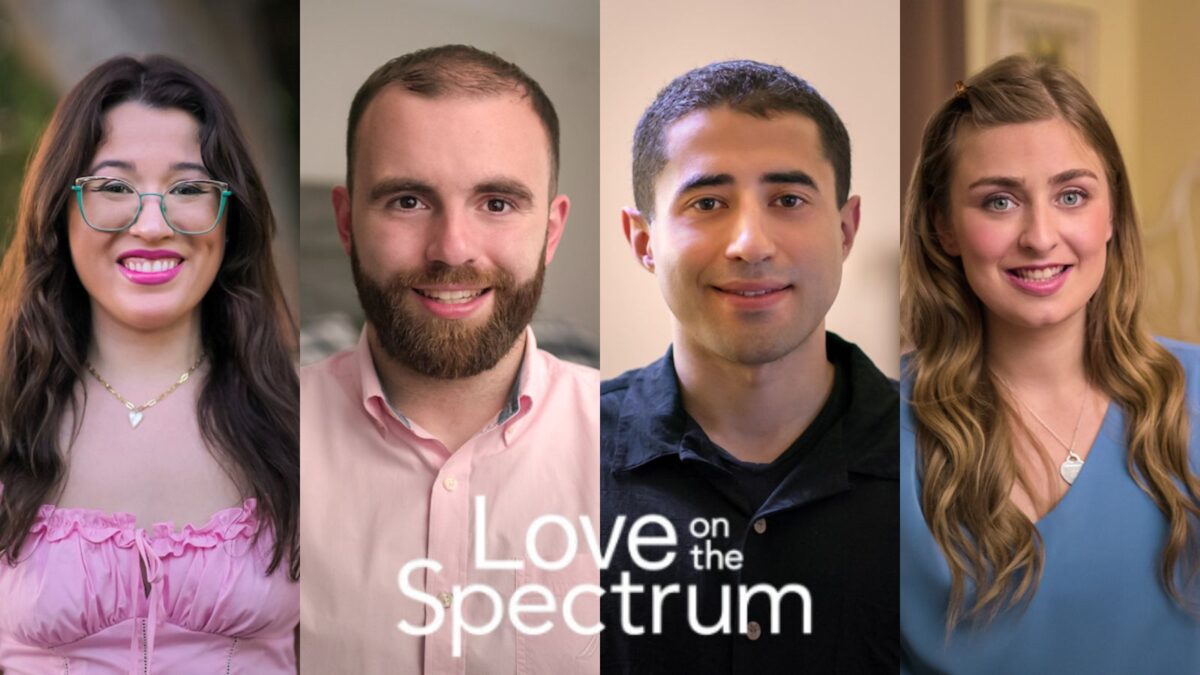Securing a Second Date
When securing a second date, there’s one golden rule: Ask Questions and Engage. It might sound simple, but this foundational approach can be the difference between landing a second date or never hearing from your date again.
As a certified dating and relationship coach, one of the most common complaints I hear from female clients is that many men aren’t asking nearly enough questions—or worse, none at all! This lack of curiosity can leave a lasting negative impression, leading women to believe the man isn’t interested in them. Whether they assume it’s because of physical appearance or think the man is self-centered, this problem can easily be avoided. At Love Life Academy, our Dating and Relationship Coaches encourage both men and women to approach every date with genuine curiosity.
Why Asking Questions is Essential
Attraction and connection are often born from curiosity. Research supports this idea, with studies showing that asking questions, especially follow-up questions, significantly increases your chances of securing a second date. According to Erin Leyba, LCSW, Ph.D., from Psychology Today, the science behind question-asking on dates is quite compelling.
But why do some men struggle with this? When I ask my male clients, those who admit to not asking questions on dates often share that they’re unsure of what to ask, fearing they might cross a boundary or seem too intrusive. Others were raised to believe that if a woman wants to share something, she will, and that prying is unnecessary. Some men also admit that nervousness leads them to overshare about topics they’re comfortable with, such as work or personal achievements, leaving little room to learn about their date.
The Impact of Not Asking Questions
One female client shared an experience where she spent nearly two hours on a date, only to hear the gentleman talk incessantly about his job without asking her a single question. She eventually had to cut the date short, much to his disappointment. This is a common scenario, and it highlights the importance of balancing conversation topics and ensuring both parties feel heard and valued.
If you’re on a first date that’s only supposed to last an hour—like a quick coffee meetup—be mindful of the time. It’s essential to ask a few good questions and also share some interesting things about yourself. This way, both you and your date can walk away with a desire to learn more about each other during a potential second date.
The Science Behind Question-Asking
Research supports the notion that people who ask more questions, especially follow-up questions, are generally better liked by their conversation partners. A study by Huang et al. (2017) found that daters who asked more follow-up questions were more likely to secure a second date. The evidence is strong: people appreciate when others show a genuine interest in them, which is often expressed through thoughtful questioning.
Interestingly, conversational skills outrank physical appearance when it comes to what people value on a date. In a recent survey, 47% of participants said that good conversational skills were important, compared to 44% who prioritized physical appearance (Naughton, 2023). This suggests that how you engage in conversation can leave a more lasting impression than how you look.
Sharing About Yourself: The Balance
While asking questions is crucial, it’s equally important to share about yourself. People tend to like others more when they engage in intimate self-disclosure, especially when emotions are involved (Collins & Miller, 1994; Laurenceau et al., 1998). Think of a first date as a dance, where both partners take turns leading and following, asking and sharing. This back-and-forth helps create a rhythm that fosters connection.
Clients often tell me that as they shared more about their backgrounds, interests, and experiences, they discovered unexpected commonalities with their dates. For instance, one woman recently shared that she and her date both grew up in Michigan, had brothers with the same name, shared the same religious denomination, and both didn’t want to get married again. These kinds of connections only emerge when both parties are willing to open up and explore their common ground.
Avoiding Common Conversation Pitfalls
While good conversation can lead to deeper connections, there are pitfalls to avoid. One of these is being a “conversational bully,” where one person dominates the discussion. Another issue is “interrogating” your date with a barrage of questions without truly listening or allowing the conversation to flow naturally. And then there’s the opposite problem—being a “flatliner” in conversation, where a lack of engagement or follow-up questions makes the interaction feel dull or one-sided.
Active listening is key. After asking a question, make sure you’re fully engaged in your date’s response. This can be shown through good eye contact, nodding, and offering verbal responses or follow-up questions. Research indicates that people who receive active listening responses feel more understood and satisfied with the conversation, which also boosts attraction (Weger et al., 2014).
The Power of Curiosity
Being genuinely curious about your date will not only make the interaction more enjoyable but will also lead to better dating experiences overall. Research shows that curiosity is closely linked to life satisfaction (Peterson et al., 2007). So, don’t be afraid to ask questions—people love to talk about their lives, careers, hobbies, and future plans. Showing interest in these topics can help paint a picture of what life might look like together and can lead to a second date.
Conclusion
The key takeaway is this: ask questions, engage in the conversation, and share about yourself in a balanced way. When you do, you’re more likely to connect on a deeper level, leading to more fulfilling dating experiences and the potential for a second date. Remember, the goal is to build a connection that leaves both parties eager to learn more about each other.
And don’t forget to seal the deal with a genuine smile!
Resource: Erin Leyba’s blog: Why Everyone Should Ask More Questions on Dates
Share this article
14 Comments
Leave A Comment
Follow us
July 2, 2025
July 2, 2025
July 2, 2025
July 2, 2025







Some genuinely great info , Glad I found this. “Ready tears are a sign of treachery, not of grief.” by Publilius Syrus.
I’m happy to hear you enjoyed! Thank you!
Hey there! Do you know if they make any plugins to help with SEO? I’m trying to get my blog to rank for some targeted keywords but I’m not seeing very good success. If you know of any please share. Thank you!
I am not sure. Thanks and much success to you!
I am not certain the place you are getting your info, however good topic. I needs to spend a while learning more or understanding more. Thanks for wonderful info I was in search of this information for my mission.
I’m glad that you enjoyed the blog!
I have recently started a blog, the information you offer on this site has helped me greatly. Thank you for all of your time & work. “The more sand that has escaped from the hourglass of our life, the clearer we should see through it.” by Jean Paul.
Thank you for your kind words! I’m happy to hear that our information has helped you!!! Love hearing that!!
Everything is very open and very clear explanation of issues. was truly information. Your website is very useful. Thanks for sharing.
Thank you for your feedback! Glad you enjoyed!!
My brother suggested I might like this web site. He was totally right. This post actually made my day. You cann’t imagine simply how much time I had spent for this info! Thanks!
Thank you!! I am so glad this info was helpful to you!!
That is what our hope is!!
You made my day!! :)